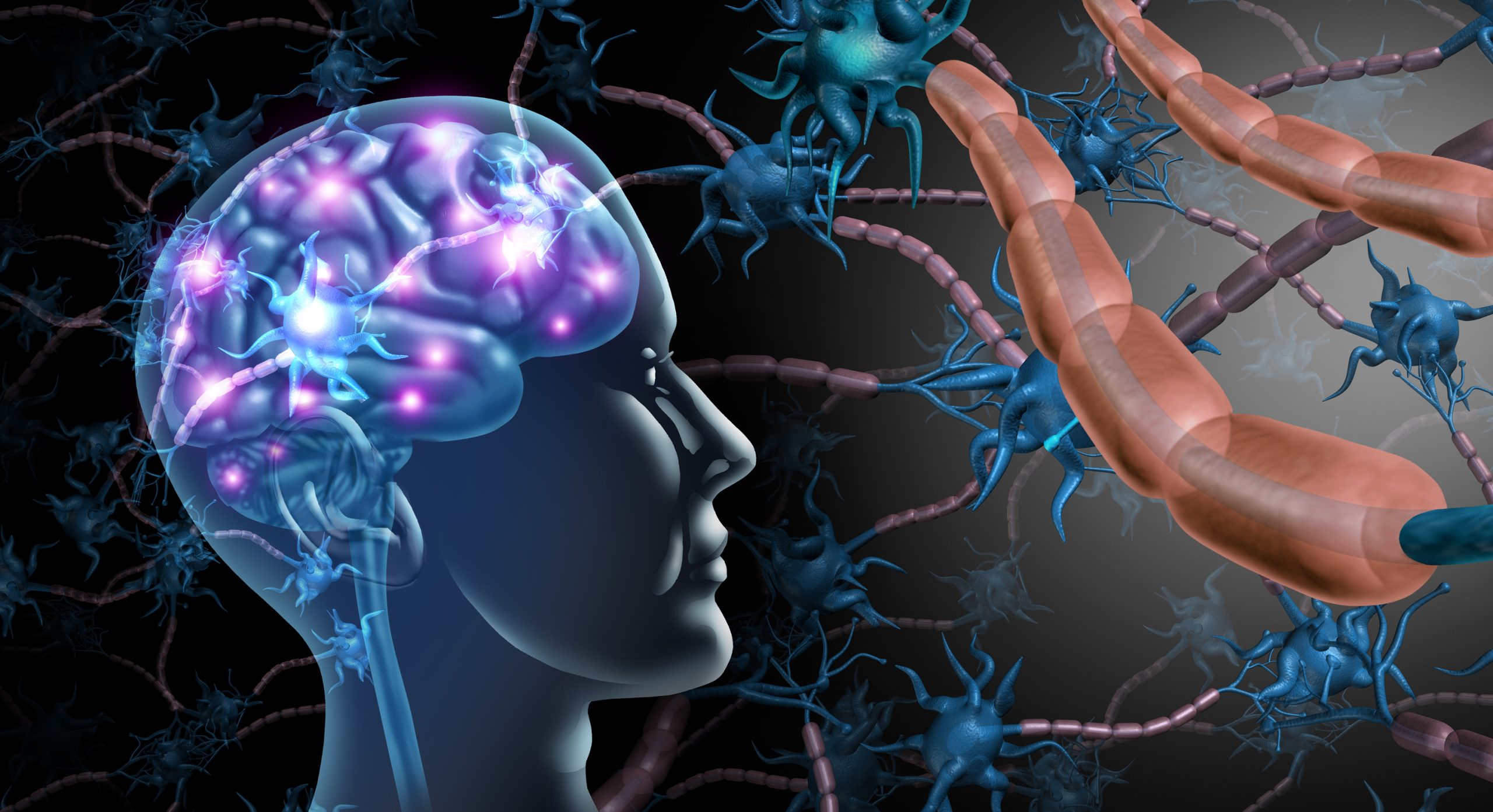
In this blog Wendy explores why a regular cycle can matter for brain health and cognition later in life. Another reason for us to understand that a menstrual cycle is not just about making babies!
Your menstrual cycle is more than just a monthly inconvenience—it’s a key player in your long-term health, including brain function. A recent study from the Nurses’ Health Study II has revealed some eye-opening connections between menstrual cycle patterns and cognitive performance in midlife. In simple terms, the way your cycle behaves in your younger years could be telling you something important about your brain health later on.
Why Cycle Irregularity Matters
We all know that a ‘normal’ menstrual cycle is about 26–31 days long and fairly predictable. But what happens when your cycle is all over the place? Researchers found that cycle irregularity in midlife (ages 29–46) was linked to poorer performance in learning and memory tests decades later. Women who had irregular cycles at this stage scored lower in cognitive function compared to those with regular cycles, suggesting that hormonal disruptions could have long-term effects on brain health.
Interestingly, irregular cycles in adolescence (14–17 years) and early adulthood (18–22 years) didn’t show a strong link to cognitive decline. This means the impact of irregular cycles on brain health seems to emerge later in life, reinforcing the idea that midlife is a crucial period for overall health and ageing.
The Role of Oestrogen
Oestrogen is a powerhouse hormone that does far more than regulate your cycle. It has neuroprotective properties, meaning it helps keep your brain functioning optimally. Women with irregular cycles may experience fluctuations or prolonged periods of low oestrogen, which could leave the brain more vulnerable to cognitive decline.
As women age, natural oestrogen levels drop, especially as menopause approaches. The study suggests that if you’ve had irregular cycles in midlife, your brain may already be experiencing some of these effects, putting you at a higher risk of memory and learning issues down the road.
Short vs. Long Cycles: What They Reveal
- Short Cycles (≤25 days): If your cycles are on the shorter side in early adulthood, this could be a warning sign for future cognitive issues. The study found that women with short cycles at 18–22 years performed worse on learning and memory tests later in life. This could indicate an underlying issue with ovarian function or early ovarian ageing.
- Long Cycles (≥32 days): On the other hand, longer cycles in early adulthood seemed to have a slight protective effect on brain health. Women with cycles longer than 32 days performed better on cognitive tests in midlife. This could be linked to a more sustained and balanced exposure to oestrogen, which supports brain function.
Midlife as a Critical Window
The research highlights that menstrual health in midlife is more strongly linked to cognitive health than earlier reproductive years. This is an important insight because it means that changes in cycle regularity at this stage should not be ignored. If cycles that were once predictable become irregular, it might be worth discussing with a healthcare professional—not just for reproductive health, but for long-term brain function as well.
What Can You Do?
This study underscores the importance of tracking your menstrual health beyond fertility concerns. Here’s what you can do to support cognitive health:

- Monitor Your Cycle: Pay attention to changes in regularity, length, and symptoms. If your cycle suddenly becomes unpredictable in midlife, it could be a sign of hormonal changes worth discussing with a professional.
- Support Hormonal Balance: Lifestyle factors such as diet, exercise, and stress management play a big role in keeping hormones stable. Prioritising a balanced diet, regular movement, and stress reduction can support both menstrual and cognitive health.
- Consider Hormonal Testing: If you have concerns about your cycle, testing hormone levels can provide insights into whether imbalances may be affecting your brain health.
- Think Long-Term: This research suggests that what happens in midlife can have long-term implications. Taking steps to maintain hormonal balance now can help protect cognitive function in later years.
Looking Ahead
 While this study is one of the first to explore the connection between menstrual cycles and cognitive health, it opens the door for more research. Future studies will need to investigate the underlying biological mechanisms further and explore whether interventions like lifestyle changes or hormone therapy could help mitigate risks.
While this study is one of the first to explore the connection between menstrual cycles and cognitive health, it opens the door for more research. Future studies will need to investigate the underlying biological mechanisms further and explore whether interventions like lifestyle changes or hormone therapy could help mitigate risks.
Final Thoughts
Your menstrual cycle is more than just a reproductive function—it’s a vital sign of overall health, including brain health. Irregular cycles in midlife could be an early indicator of cognitive changes, making it all the more important to pay attention to cycle patterns. By understanding and acting on these insights now, women can take a proactive role in preserving cognitive function for the future.
Much love,
Wendy
If you want to chat further, reach out or book in with Wendy or Sarah!
